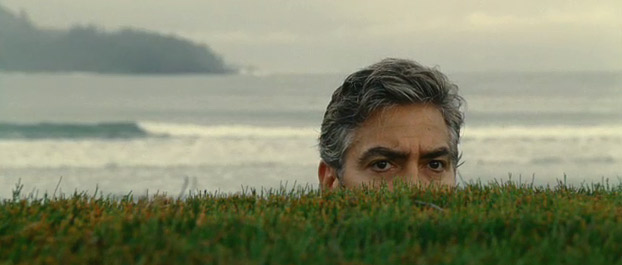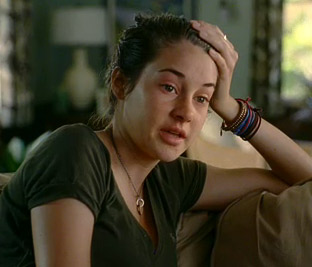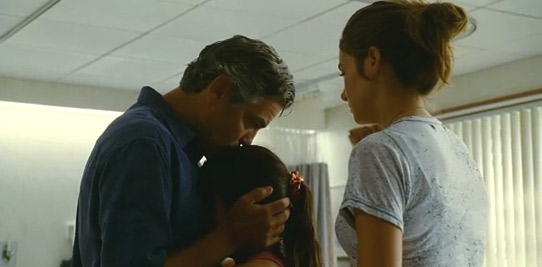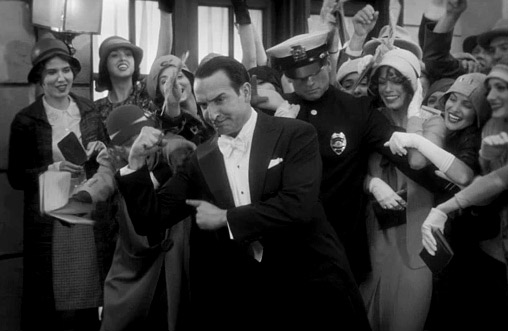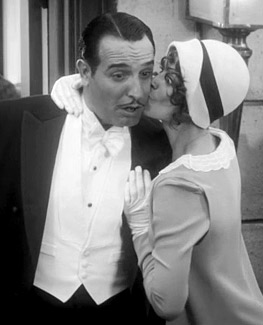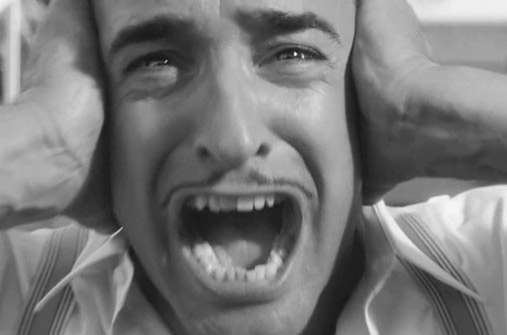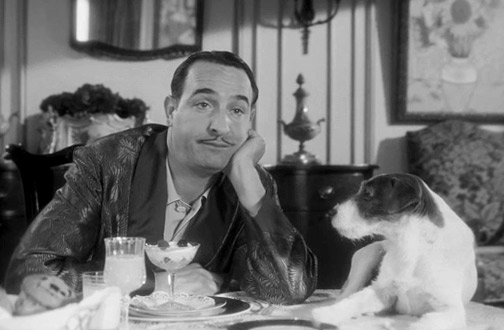NYFF: Second Opinions
 Monday, October 17, 2011 at 11:34AM
Monday, October 17, 2011 at 11:34AM Serious Film's Michael C. here. The New York Film Festival just wrapped up its strongest year in recent memory, so I thought it was worth tossing in some additional thoughts on titles that Kurt and Nathaniel already weighed in on. We'll follow this up with a podcast. (coming soon!)
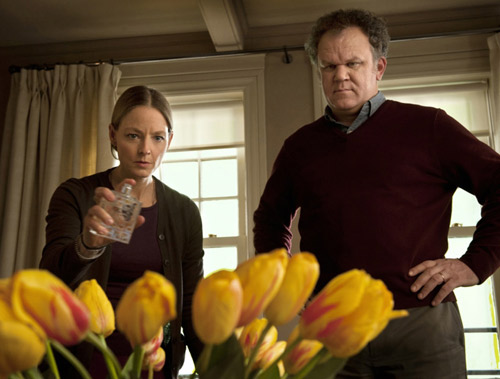
Carnage - Although it is difficult to spot any instance of Polanski's Carnage stepping wrong, it is just as hard to shake the empty feeling that follows in its wake. Deprived of the electricity of live performance the source material is revealed to be a sharply crowd-pleasing exercise in presenting obvious truths in the most entertaining way possible. The skill that went into the production from top to bottom cannot be dismissed, but still, for all the polished craftsmanship Polanski brings to the table he can't quite hide the artifice of the whole production. One never really believes it. Read my full reaction.
A Separation - Asghar Farhadi's deeply absorbing drama ranks as the best film I saw at the NYFF. Farhadi recalls the best of Krzysztof Kieslowski with his ability to depict how our choices reverberate and ricochet through the world with consequences that could never be anticipated. Having secured a qualifying release date A Separation demands to be included on the Best Picture roster. Read my full reaction.
My Week With Marilyn - A waste of a great Michelle Williams performance on a shallow coming-of-age story with no real insight about the real person behind the image. The only thing that separates the protagonist from the rest of the people who want a piece of Marilyn is that he has a better seat from which to gawk. Read my full reaction
 Pina - I was more excited for the idea of Pina than the execution. A 3D tribute to a brilliant dancer seems like a great use of the gimmick for once, but Wim Wenders insists on frequently interrupting the dance sequences with underwhelming info segments just as they are gathering momentum. Alright for what it is, with many memorable images, but it could have been much more.
Pina - I was more excited for the idea of Pina than the execution. A 3D tribute to a brilliant dancer seems like a great use of the gimmick for once, but Wim Wenders insists on frequently interrupting the dance sequences with underwhelming info segments just as they are gathering momentum. Alright for what it is, with many memorable images, but it could have been much more.
Martha Marcy May Marlene - A strong debut from writer/director Sean Durkin with a very fine lead performance from Elizabeth Olsen as the escapee from a cult with a psyche as fractured as the title suggests. Durkin attacks the potentially sensationalistic material with an intelligence that impresses. He never once goes for the easy melodrama and as a result this foreboding story has a ring of truth and a tension that never lets up. As good as Olsen is in the lead, the performance that wowed me is John Hawkes in his second great supporting role in two years as the seductive cult leader.
The Kid With a Bike - I second everything Kurt said. An extraordinarily moving film and the best child performance since The Sixth Sense.
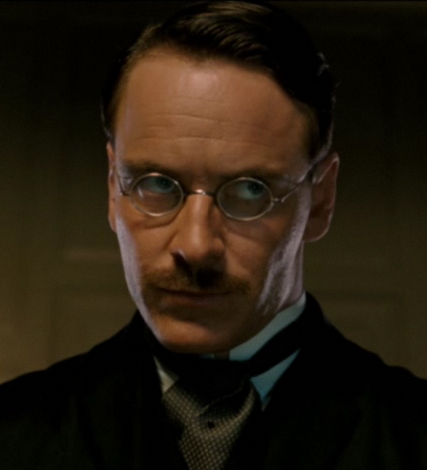 A Dangerous Method - The big disappointment of the festival for me. Not an terrible film by any stretch, but a disjointed one, which never gathers any momentum as it continually leaps forward in time. As a result, the actors are left struggling to create believable character arcs the script doesn't support. Keira and Viggo fair the best playing characters that range from wildly hysterical to quietly enigmatic, respectively. It is Fassbender who suffers the most as the movie is never able to connect to the torrent of emotion supposedly churning under his surface.
A Dangerous Method - The big disappointment of the festival for me. Not an terrible film by any stretch, but a disjointed one, which never gathers any momentum as it continually leaps forward in time. As a result, the actors are left struggling to create believable character arcs the script doesn't support. Keira and Viggo fair the best playing characters that range from wildly hysterical to quietly enigmatic, respectively. It is Fassbender who suffers the most as the movie is never able to connect to the torrent of emotion supposedly churning under his surface.
The Artist - One of the biggest outpourings of cinematic joy since Amelie hit theaters a decade ago. If I have one minor complaint that prevents me from doing Donald O'Connor backflips off the wall (like Nathaniel did) it's that the story of the washed-up silent film star is simple in the extreme. But when the filmmakers tell this simple tale with such an explosion of creativity, and all the story beats go over like gangbusters, why quibble? Jean DuJardin is so charismatic in the lead role I wouldn't be surprised for him to get the Oscar just so everyone can have an opportunity to see him smiling on stage.
*
We hope you enjoyed our NYFF coverage.
 A Separation,
A Separation,  Carnage,
Carnage,  NYFF,
NYFF,  Pina,
Pina,  The Artist,
The Artist,  film festivals
film festivals 


